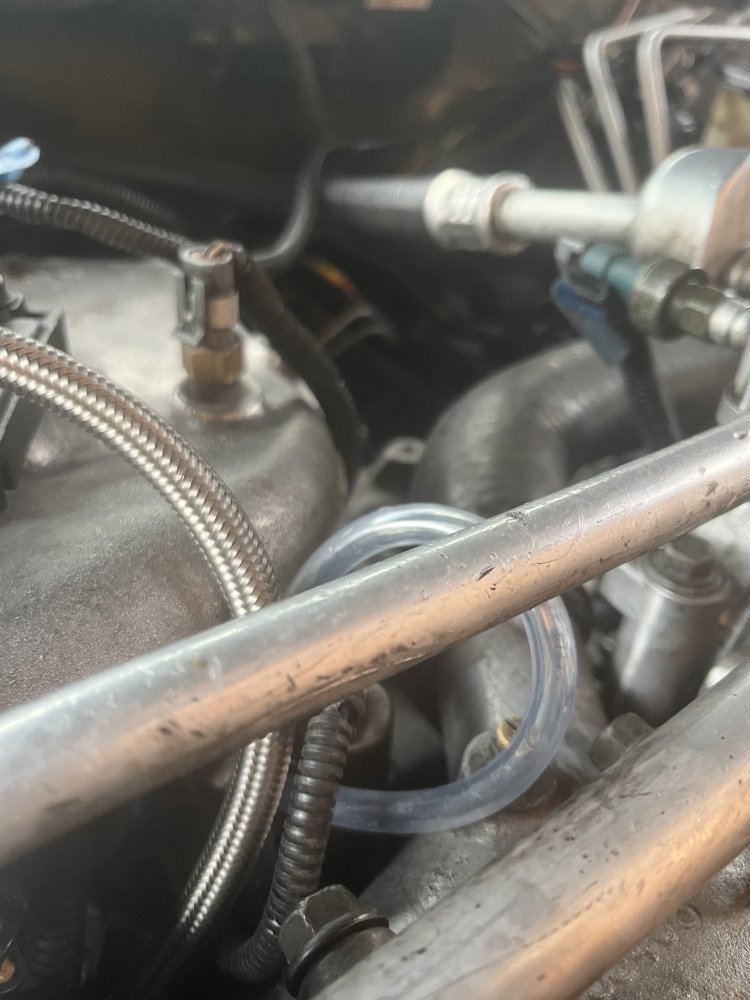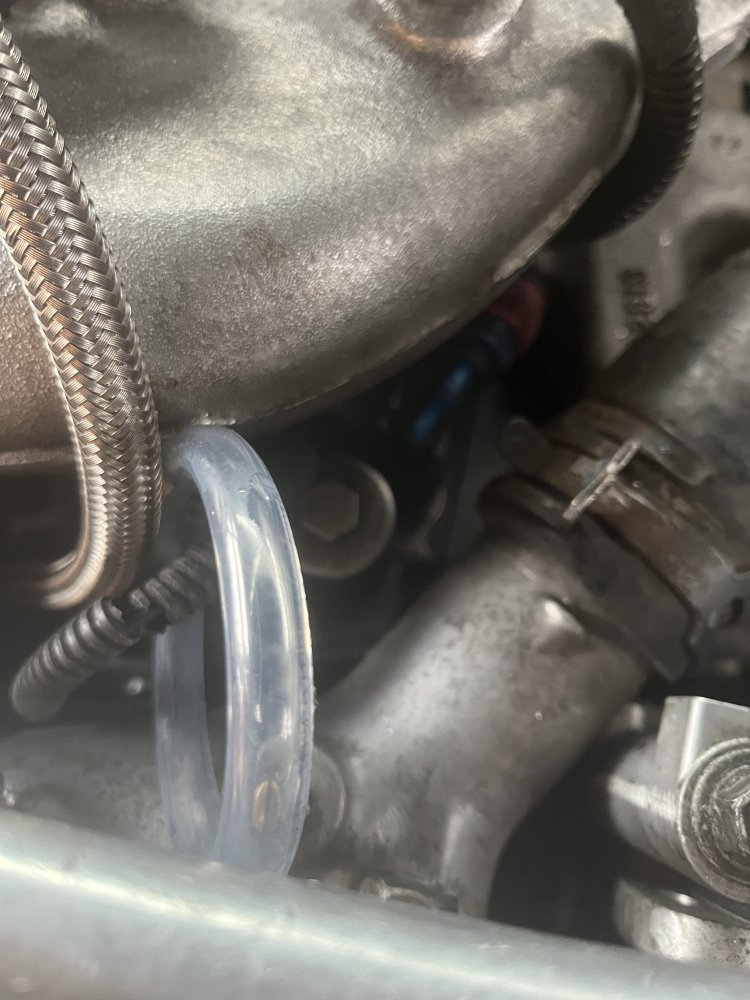Big T
Well-Known Member
So after installing the clear line with a roller coaster loop to eliminate any kinks, I continue to experience air in the system. On a cold start after sitting overnight, the engine starts immediately, but it will experience sputters, or missing while under acceleration for the first 3 to 4 miles, then it clears and engine runs perfectly smooth.
I’m wondering what the source is. I went out to check the clear line after siting overnight and it is 90% clear. What do the experts think or suggest?


I’m wondering what the source is. I went out to check the clear line after siting overnight and it is 90% clear. What do the experts think or suggest?


